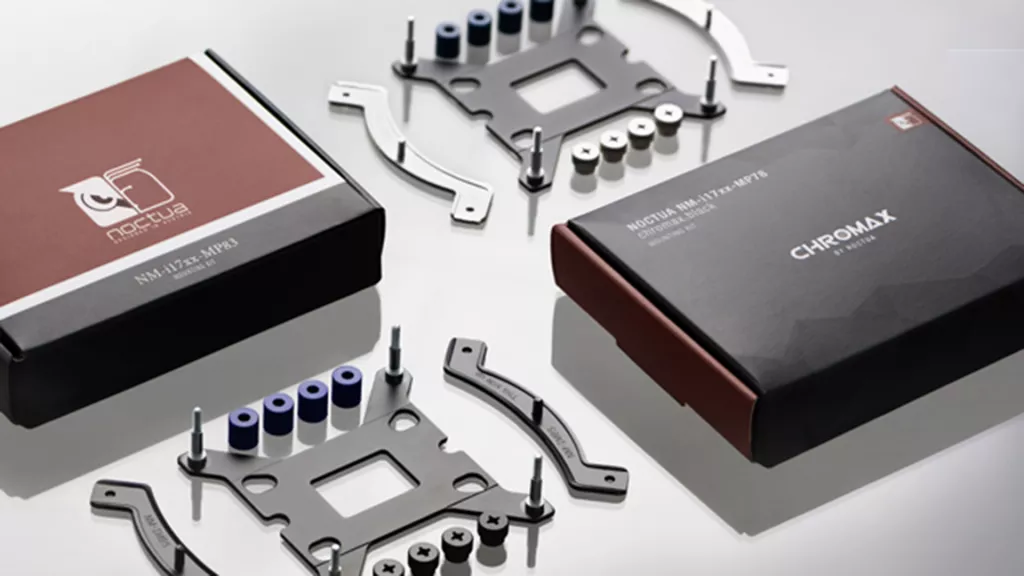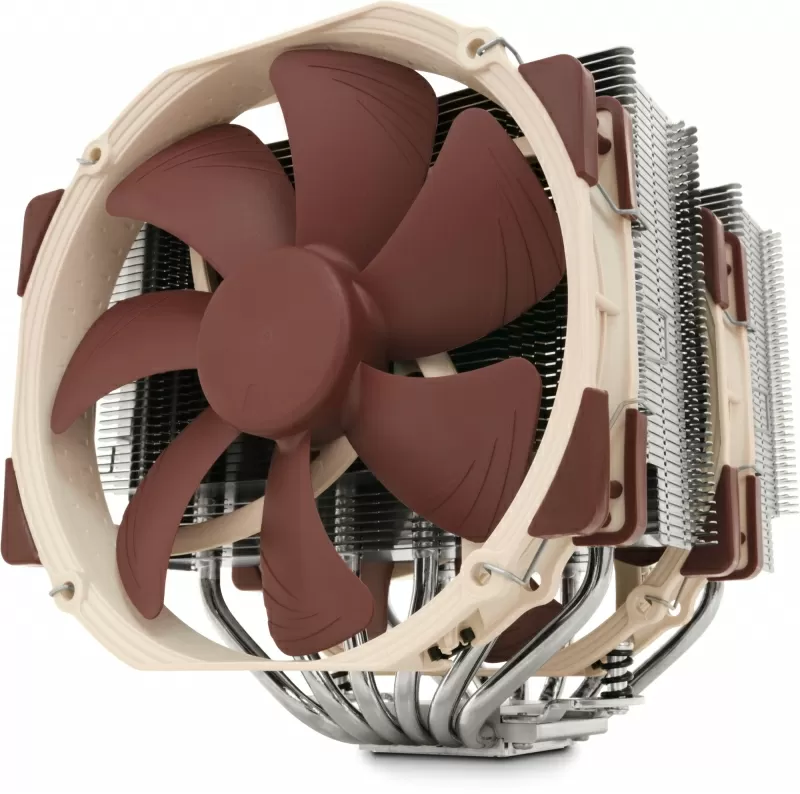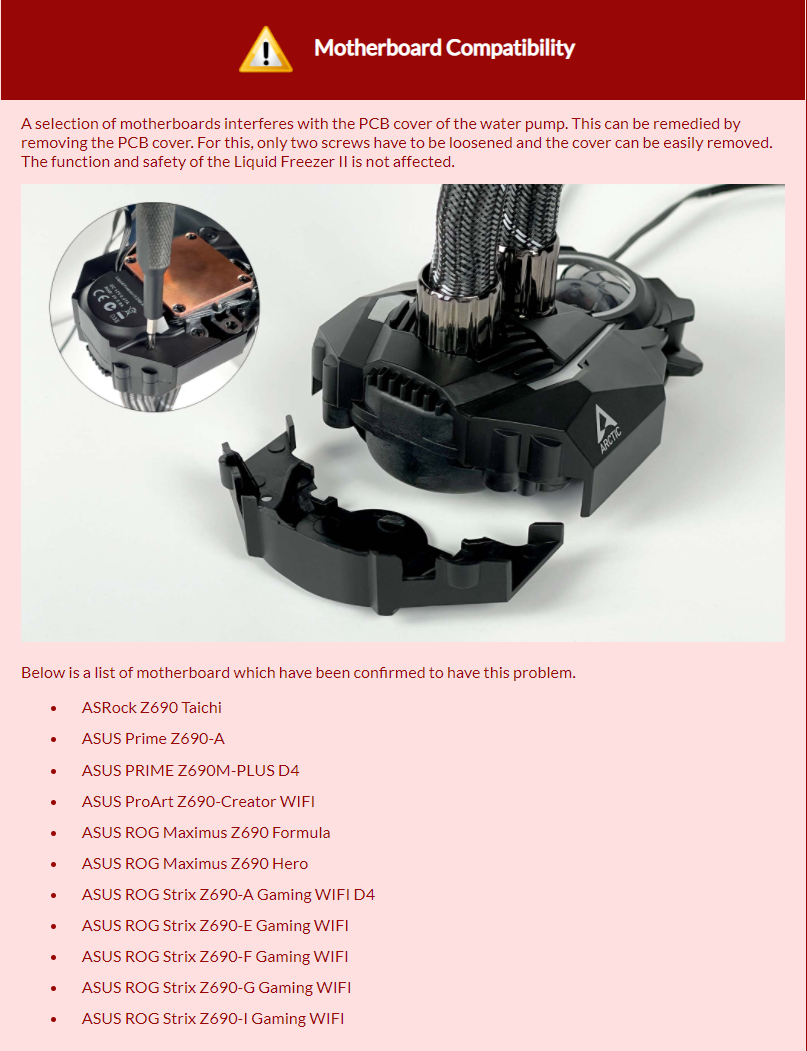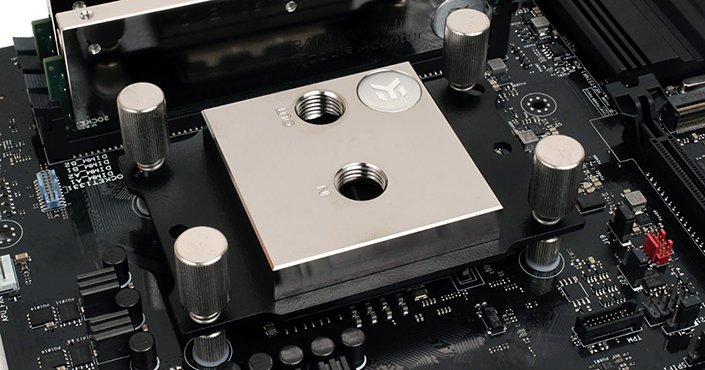Why it matters: If you're thinking about upgrading to Alder Lake and want to take your current cooler with you, make sure it works with that LGA 1700 motherboard—especially if it's an Asus mobo, which are having issues with products from big cooling brands, despite the free compatibility kits.

Guru3D reports that cooler-maker Noctua has updated its compatibility list to show that several of its coolers are not compatible or may have issues with certain Asus Z690 and yet-to-be-released B660 motherboards.
Some of Noctua's most popular products, including the NH-D15, NH-U12S, and NH-U12A, are shown as incompatible with the entire ROG Strix Z690 series from Asus, along with some boards from its unreleased B660 line.

The issues are mostly the result of the height of the heatsink covering the VRMs, making the cooler and motherboard combination mechanically incompatible.
One of the boards, the Z690-G Gaming WIFI, runs into problems because the cooler overhangs the top PCIe x16 slot, stopping owners from using the Gen 5 slot, and some mobos are still under evaluation.
Noctua was one of the first companies to announce it would be offering free LGA 1700 Alder Lake CPU mounting kits to owners of its coolers, but it seems some Asus boards are still running into compatibility problems.
The issues aren't limited to Noctua coolers. Both be quiet! and Arctic have released their own compatibility lists. In the case of the former, several Asus motherboards are mechanically incompatible due to their designs. There are also mobos where installed coolers could interfere with the memory.
Arctic Cooling says there are compatibility issues with its Liquid Freezer II line. However, the company notes that removing the water pump's PCB cover that interferes with the VRM heatsink (on certain motherboards) addresses the problem. This solution won't negatively affect the cooler itself.
https://www.techspot.com/news/92182-popular-coolers-have-compatibility-issues-asus-z690-b660.html

